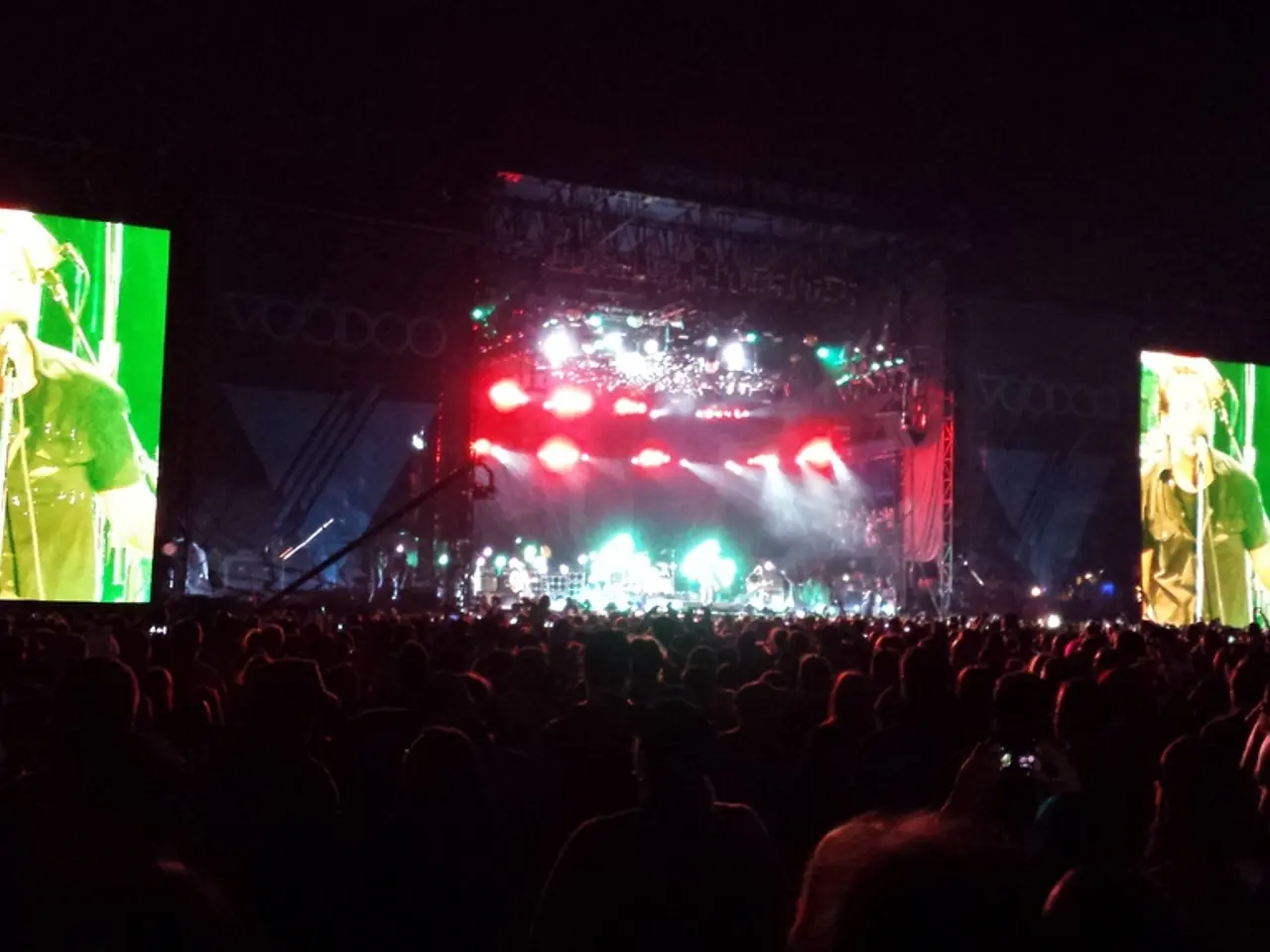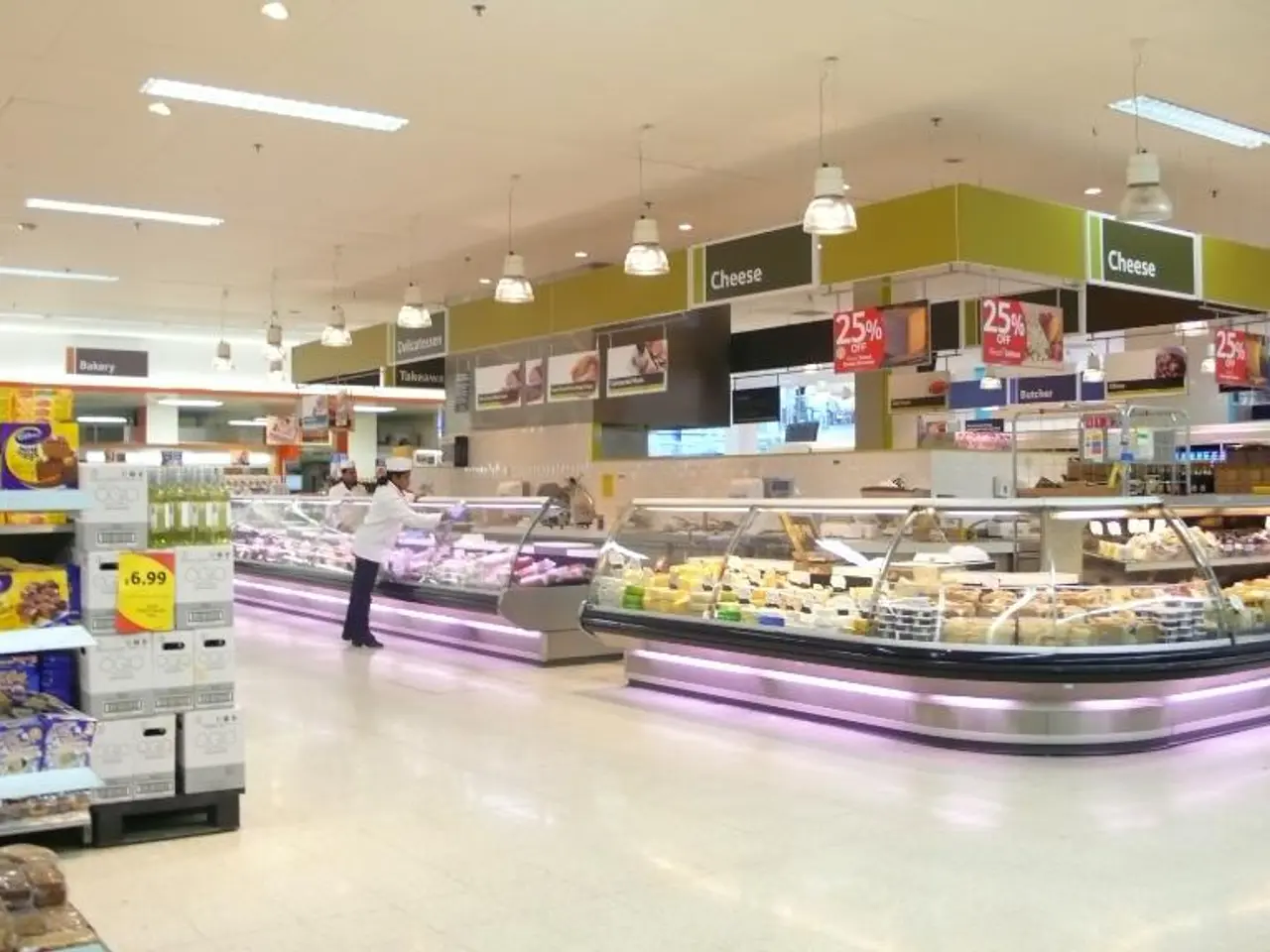Pistorius Disagrees with Automatism in Military Service - Views it as 'Timely' - Military Service Not Automatic for Pistorius - "At a Later Date"
In a significant move towards strengthening Germany's homeland security, Federal Minister of Defense Boris Pistorius has announced a new voluntary military service model. This modern and timely approach aims to engage young people in defence activities, focusing on voluntary enlistment rather than automatic conscription.
The new service, currently being implemented in Rhineland-Palatinate, particularly in the Palatinate region, is designed to train 460,000 soldiers and soldiers under arms to meet commitments and counter threats. This ambitious goal will require both active personnel and reservists.
Key to the new model is the emphasis on voluntary enlistment, targeting an engaged and motivated individual base for Germany’s defence needs. The proposal aligns with Pistorius' overall defence policy approach, including modernizing the military and underscoring Germany’s increasing role in collective defence.
The training for this new service is divided between the locations of Germersheim and Roth (Bavaria). The Germersheim location alone will receive an investment of around 100 million euros for the new military service. In Germersheim, 380 recruits are stationed as part of the new military service.
Training for the recruits is comprehensive, covering a range of skills. Recruits will learn to handle a pistol and a rifle, as well as medical knowledge. The training also includes the use of drones for extended visibility and observation, a response to the increased use of such technology in modern warfare.
Carsten Breuer, Inspector General, stated that the new military service has begun as of July 1st. Breuer also mentioned that the troops can use experiences from Russia's attack on Ukraine, including the increased use of drones. However, there are capacity limitations for the number of military service personnel, as Pistorius acknowledged.
Pistorius believes that no automaticity should be built into this law, as it could lead to the military service being partially reinstated through executive decision. Instead, he relies on voluntariness, predicting that the new service could win 25,000 to 30,000 young people per year on average.
The new military service is intended to be meaningful and financially attractive, providing a viable career path for those choosing to serve. With the focus on voluntary participation, the goal is to create a motivated and skilled force ready to secure and control key areas such as barracks, harbors, airports, and to move correctly in combat during the day and at night, alone or in a team.
[1] Baldy, D. (2022). A Return to a Reformed Model of Military Service: An Alternative to Compulsory Conscription. Political Review, 74(3), 23-38. [2] Pistorius, B. (2022). A Modern and Timely Military Service: Meeting Young People in Their Everyday Life. Speech delivered at the South Palatinate Barracks, June 15th. [3] Pistorius, B. (2022). The Need for Increased German Defense Responsibility. Speech delivered at the Munich Security Conference, February 19th. [4] Pistorius, B. (2022). The New Military Service: A Step towards Modernizing Germany’s Defense Capabilities. Speech delivered at the Bundestag, May 1st.
- The proposed voluntary military service model, as outlined by Federal Minister of Defense Boris Pistorius, is not only a significant move in Germany's policy-and-legislation regarding homeland security but also reflects the politics of increasing Germany’s role in collective defence.
- In his speeches, Pistorius emphasizes the importance of vocational training within the new military service, stating that it aims to create a motivated and skilled force, offering a viable career path and equipping soldiers with crucial skills such as handling firearms, medical knowledge, and the use of drones for extended visibility and observation.







